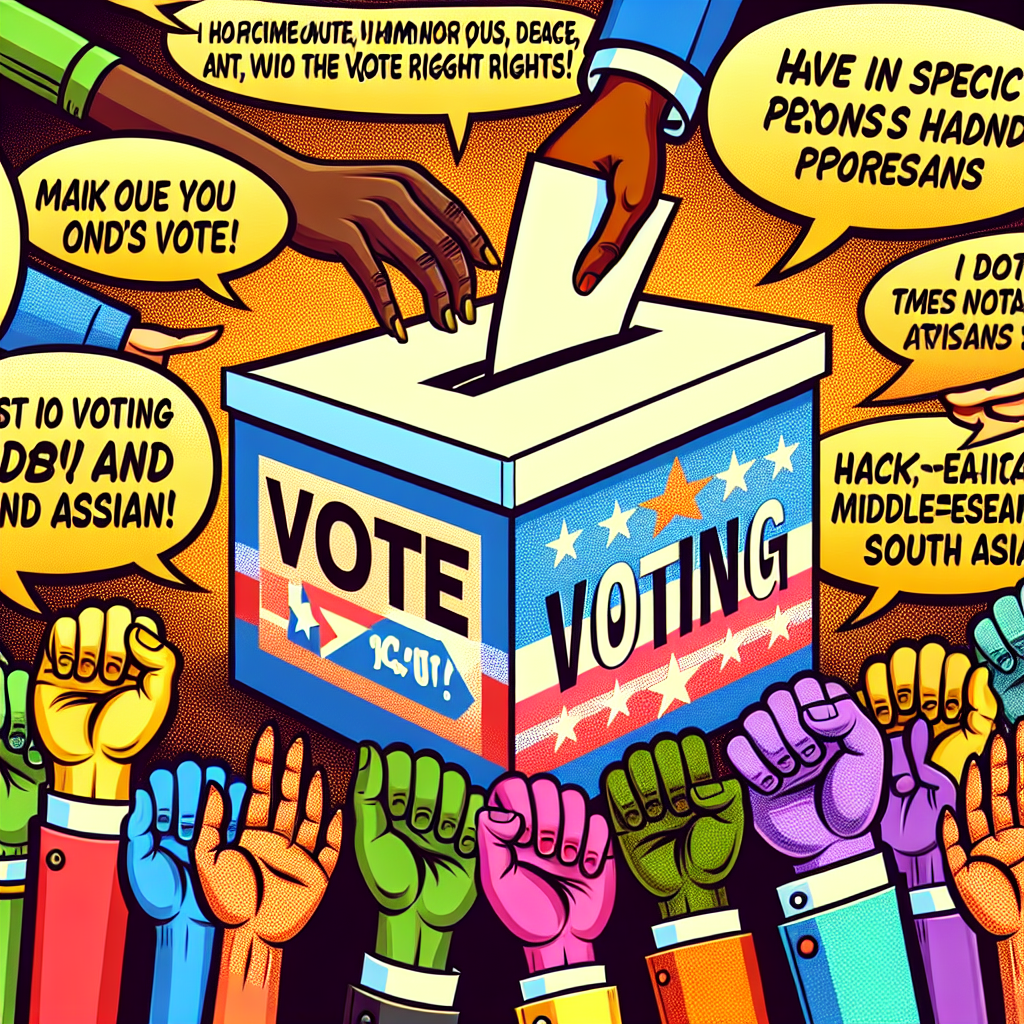Justice Behind Bars: Voting Rights for India's Undertrials
A Supreme Court petition in India challenges the voting ban on approximately 450,000 undertrial prisoners, arguing it violates constitutional rights. The plea, filed by Sunita Sharma, targets Section 62(5) of the Representation of the People Act, 1951, advocating electoral inclusion for non-convicted detainees during elections.

- Country:
- India
The Supreme Court of India has called for responses from the Centre and the Election Commission regarding a Public Interest Litigation (PIL) that demands voting rights for nearly 450,000 undertrial prisoners across the nation. The PIL was filed by Sunita Sharma, who argues that the current voting prohibition contravenes constitutional and international democratic norms.
The petitioner highlights Section 62(5) of the Representation of the People Act, 1951. This section imposes an all-encompassing restriction on voting rights for incarcerated individuals, regardless of their conviction status. The petition claims that such a blanket ban violates constitutional consistency and fairness, calling for guidelines to enable voting for detainees.
Highlighting foreign practices, the plea notes that democracies seldom impose such broad restrictions. The PIL stresses India's international obligations for non-discriminatory democratic participation and references the Election Commission's past commitment to franchise inclusivity, urging the establishment of prison polling stations or postal ballots for eligible prisoners.
(With inputs from agencies.)
ALSO READ
TVK Seeks Justice: Truth Behind Karur Stampede Awaits Supreme Court Verdict
Supreme Court Highlights: Digital Access, Health Concerns, and Statehood Debates
Supreme Court Pauses Quashing of Chargesheet in Armstrong Murder Case
Supreme Court Balances Indian Football's Future amidst AIFF Constitution Debate
Supreme Court Grants Bail to IAS Officer Chhavi Ranjan in Money Laundering Case










